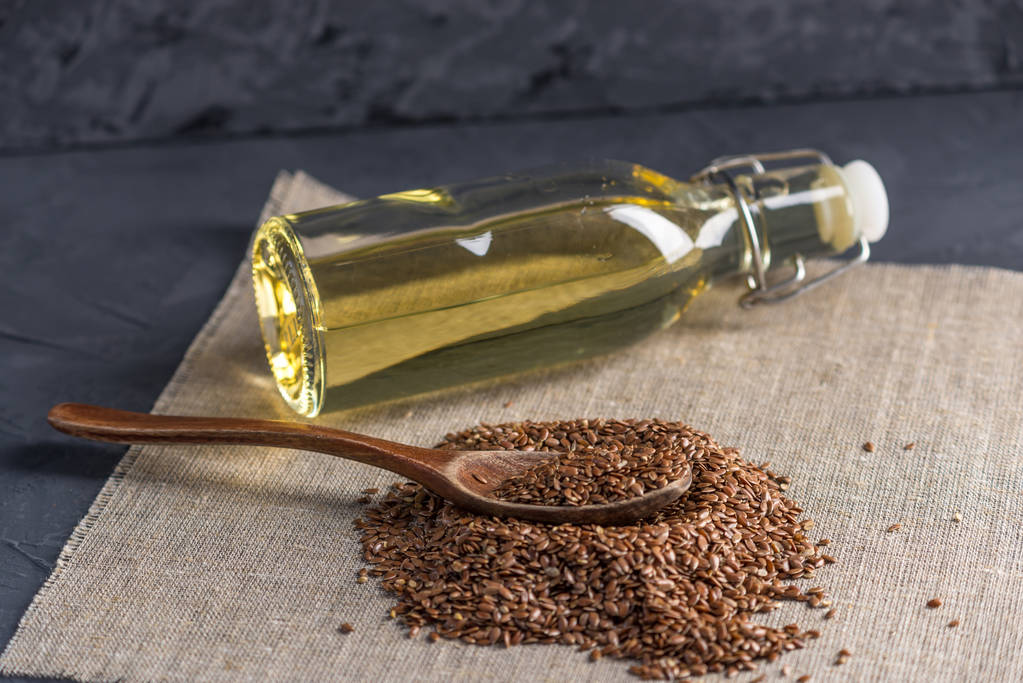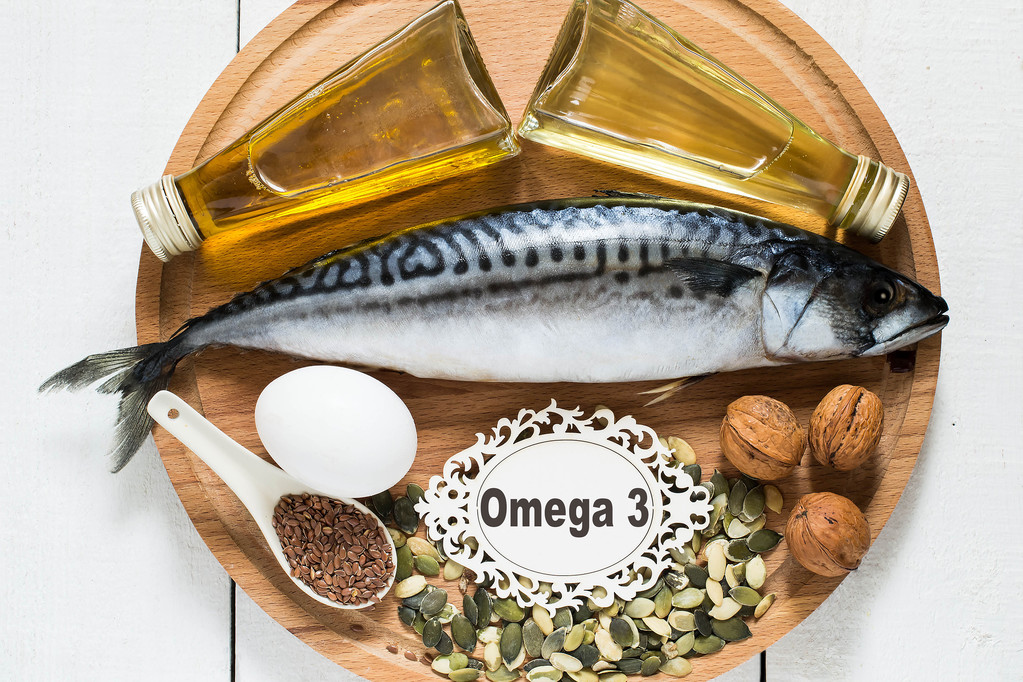Omega-3 Fatty Acids: Energy Booster Explained
September 13, 2023

Welcome, dear reader, to the fascinating world of Omega-3 Fatty Acids! These little powerhouses are not just a mouthful to say, but they're also packed full of energy-boosting goodness. So, buckle up, as we're about to embark on a journey into the heart of these essential nutrients.
Omega-3 Fatty Acids are like the superheroes of the dietary world. They swoop in to save the day, providing your body with much-needed energy and a whole host of other benefits. But what exactly are they? And how do they work their magic? Let's dive in and find out!

The Basics of Omega-3 Fatty Acids
First things first, let's get to know our subject a little better. Omega-3 Fatty Acids are a type of fat that your body needs but can't produce itself. This means we have to get them from our diet. They're called 'essential' fatty acids for a reason, folks!
There are three main types of Omega-3s: ALA (alpha-linolenic acid), DHA (docosahexaenoic acid), and EPA (eicosapentaenoic acid). Each one has its own special role to play in keeping your body healthy and energized. But more on that later!
ALA (Alpha-Linolenic Acid)
ALA is the most common Omega-3 fatty acid in our diets. It's found in plant foods like flaxseeds, chia seeds, and walnuts. Your body uses ALA for energy, and it can also convert a small amount into EPA and DHA.
However, the conversion process isn't very efficient. That's why it's important to also get EPA and DHA directly from your diet or supplements. But don't worry, we'll cover that in more detail later on!
DHA (Docosahexaenoic Acid) and EPA (Eicosapentaenoic Acid)
DHA and EPA are the Omega-3 fatty acids that you'll find in fish and other seafood. They're the ones that get all the attention because they have the most health benefits. DHA is crucial for brain health, while EPA is great for your heart.
These two are like the dynamic duo of the Omega-3 world. They work together to keep your body running smoothly and efficiently. And the best part? They're also fantastic for boosting your energy levels!
Omega-3s and Energy Production
Now, let's get to the fun part: how Omega-3s help boost your energy levels. It's all about the mitochondria, the powerhouses of your cells. These little guys are responsible for producing ATP, the energy currency of your body.
Omega-3s help to increase the efficiency of this process, meaning you get more bang for your buck. They also help to reduce inflammation, which can drain your energy levels. So, by getting enough Omega-3s in your diet, you're helping to keep your energy levels high and your body in tip-top shape.
The Role of DHA and EPA
Remember our dynamic duo, DHA and EPA? Well, they're back in the spotlight. DHA and EPA are particularly good at boosting energy production. They do this by helping to increase the fluidity of your cell membranes, which makes it easier for nutrients to get in and waste products to get out.
This means that your cells can produce energy more efficiently, giving you a natural energy boost. So, next time you're feeling a little sluggish, why not reach for a piece of salmon or a handful of walnuts?
Omega-3s and Inflammation
Omega-3s are also great for reducing inflammation in your body. Inflammation can be a big energy drain, as your body has to work harder to fight it off. By reducing inflammation, Omega-3s help to free up your body's resources, allowing it to focus on energy production.
So, not only do Omega-3s help to boost your energy levels directly, but they also help indirectly by reducing inflammation. It's a win-win situation!
Getting Enough Omega-3s
So, now that we know how awesome Omega-3s are, how do we make sure we're getting enough of them? Well, it's all about a balanced diet. The American Heart Association recommends eating fish (particularly fatty fish like salmon and mackerel) at least twice a week.
But what if you're not a fan of fish? Don't worry, there are plenty of other sources of Omega-3s. You can also get them from nuts and seeds, certain types of algae, and fortified foods like eggs and milk. And if all else fails, there are always Omega-3 supplements!
Omega-3 Supplements
If you're struggling to get enough Omega-3s from your diet, supplements can be a great option. They're available in a variety of forms, including fish oil, krill oil, and algae-based supplements. Just make sure to choose a high-quality supplement, as not all are created equal.
Remember, supplements should never replace a balanced diet. They're there to supplement your diet, not replace it. Always aim to get as many of your nutrients as possible from whole foods.
Omega-3s and Vegetarian/Vegan Diets
If you're a vegetarian or vegan, getting enough Omega-3s can be a bit more challenging. But don't worry, it's definitely doable! Flaxseeds, chia seeds, and walnuts are all great sources of ALA, which your body can convert into EPA and DHA (albeit inefficiently).
There are also algae-based Omega-3 supplements available, which are a great source of DHA and EPA. So, even if you don't eat fish, you can still get all the Omega-3 goodness you need!

Conclusion
And there you have it, folks! The lowdown on Omega-3 Fatty Acids and their energy-boosting powers. These essential nutrients are a key part of a balanced diet and can help to keep your energy levels high.
So, whether you're a fish lover or a flaxseed fanatic, make sure to get your fill of Omega-3s. Your body (and your energy levels) will thank you!

 Back to Blog
Back to Blog